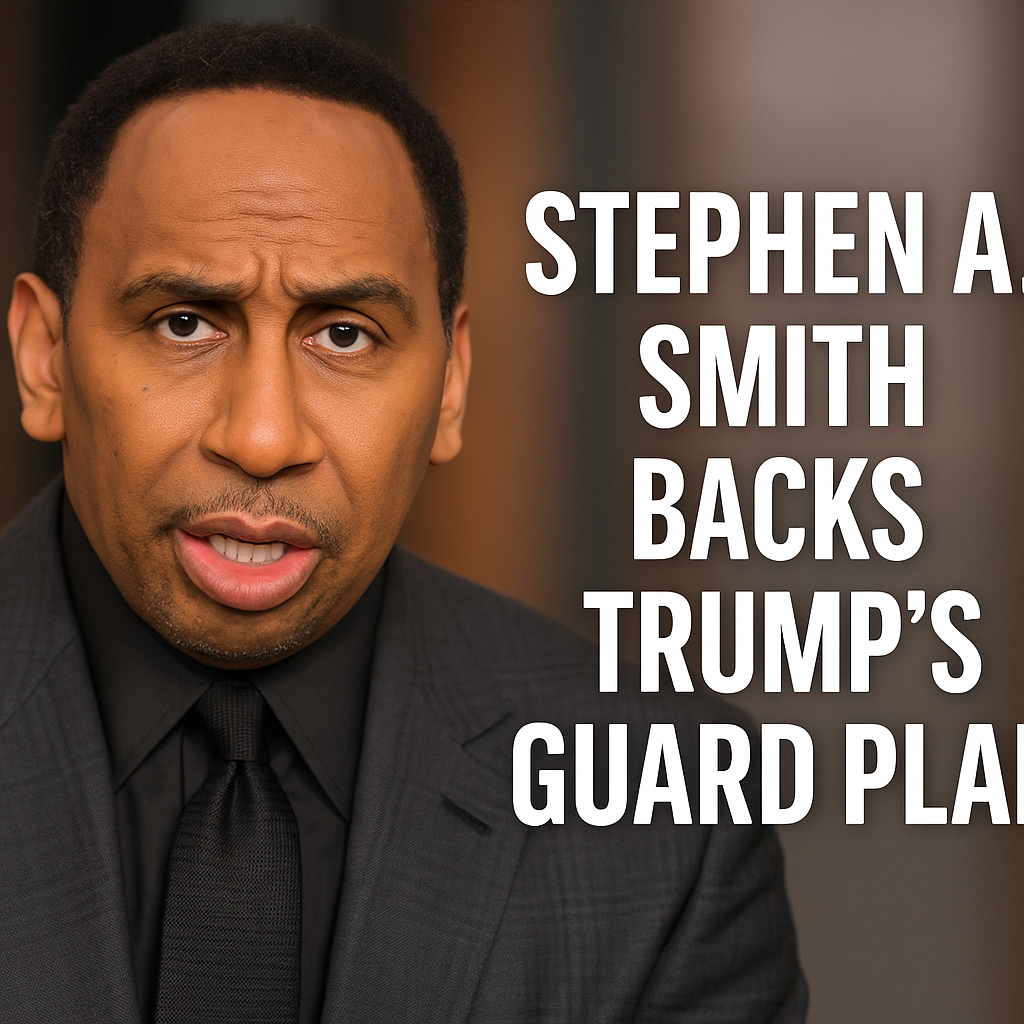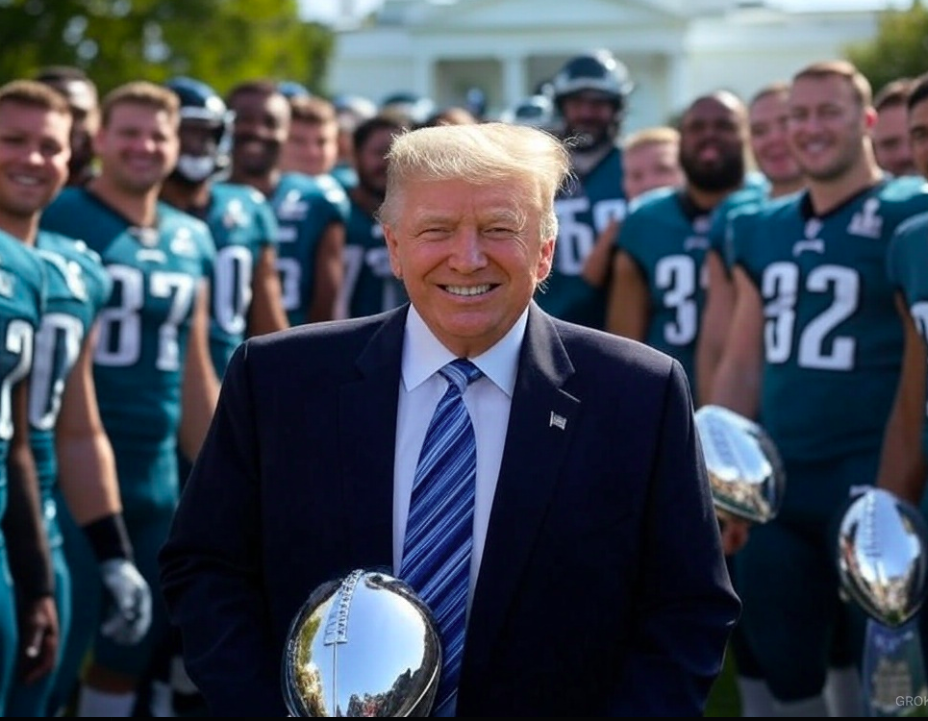Sports commentator Stephen A. Smith, best known for his outspoken presence on ESPN, made waves this week by stating that he does not oppose President Donald Trump’s plan to deploy the National Guard to Chicago. His remarks come amid escalating crime rates in major U.S. cities, a problem that has left many residents pleading for action beyond local leadership.
Smith, often described as one of the most recognizable voices in American sports media, addressed the issue bluntly: “In the city of Chicago, I don’t give a damn what they say, I have no problem with sending in the National Guard.” He noted that Chicago’s struggles with violence predate both Barack Obama’s presidency and Trump’s current term, adding, “They were a problem before [Obama] got into office, when he was a junior senator.”
https://x.com/i/broadcasts/1MnxnPoadDdGO
Trump, who already sent the National Guard to Washington, D.C. last month to address crime and public disorder, announced earlier this week that Memphis would also receive federal support. Chicago, he confirmed, is next on his list. “It’s very important because of the crime that’s going on, not only in Memphis, in many cities,” Trump told reporters.
Smith, while not traditionally aligned with Trump politically, emphasized the desperation felt by ordinary Chicagoans. He described how Black residents have been appearing on both local and national television pleading for help: “I’ve seen Black people come on television, locally and nationally, crying for support, whether it’s the National Guard or whatever it takes.” For Smith, the urgency outweighs political calculations: “The city of Chicago has had ample opportunity to do something about it, and I do think it’s a crisis in that city.”
Chicago’s homicide rate has consistently been among the highest in the nation, with weekend shootings becoming almost routine news. While critics argue that federal intervention threatens to undermine local autonomy, many citizens view the situation as intolerable. Parents, clergy, and community leaders have frequently demanded decisive measures to stop the violence that disproportionately affects young men in minority neighborhoods.
For conservatives, Smith’s comments signal a rare acknowledgment from a mainstream cultural figure that Trump’s hardline approach to crime may resonate outside traditional Republican circles. Chicago has long been under Democratic control, yet despite decades of promises, the bloodshed has not abated. Smith’s frank assessment challenges the narrative that increased policing or military presence automatically equates to authoritarianism. Instead, he frames it as a moral responsibility to protect vulnerable communities.
Smith’s remarks also highlight the growing frustration many Americans feel toward ineffective city governments. In Chicago, mayors and council members have spent years debating strategies while families continue to bury their loved ones. The promise of “community-based solutions” has not stemmed the tide of violence. Trump’s deployment of the Guard represents, in the eyes of supporters, a practical step where rhetoric has failed.
Critics will likely accuse Smith of providing cover for Trump’s controversial crime-fighting tactics. Yet his statement underscores a deeper truth: crime is not an abstract political issue but a daily reality for countless citizens. Those calling for help do not primarily care whether the assistance comes from Democrats or Republicans; they care about survival, safety, and dignity.
Observers also note that Smith, as a prominent Black media figure, gives legitimacy to arguments often dismissed by progressive commentators. By acknowledging the severity of Chicago’s crisis and supporting Trump’s intervention, Smith validates what many conservative leaders have long argued—that law and order is foundational to justice. Without security, there can be no opportunity, education, or prosperity.
The broader implications of Smith’s statement could ripple through political and cultural debates in the months ahead. His stance demonstrates that concern for public safety is not bound by party lines, nor should it be. The idea of deploying the National Guard is controversial, but it reflects a willingness to put citizens’ lives above political maneuvering.
From a conservative perspective, Smith’s honesty is refreshing. For too long, progressive leaders have downplayed Chicago’s problems or framed them exclusively as issues of inequality, refusing to acknowledge the immediate threat posed by violent crime. While long-term social reforms may help, families cannot wait for gradual solutions while bullets fly through their neighborhoods.
Trump’s decision to act swiftly—first in Washington, then in Memphis, and soon in Chicago—reflects a broader philosophy of prioritizing safety over political sensitivity. Smith’s unexpected support illustrates that even those outside Trump’s political base can recognize the necessity of restoring order.
For many conservatives, this moment underscores an important reality: Americans are weary of excuses. They want leaders who will confront crime head-on, not merely issue platitudes about systemic issues. If that means deploying the National Guard, then so be it. As Smith made clear, Chicago’s people have cried out for help long enough.





